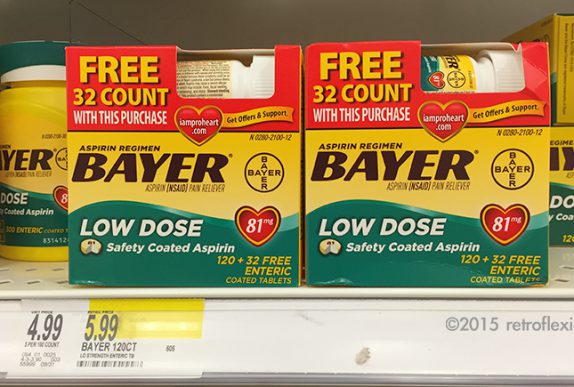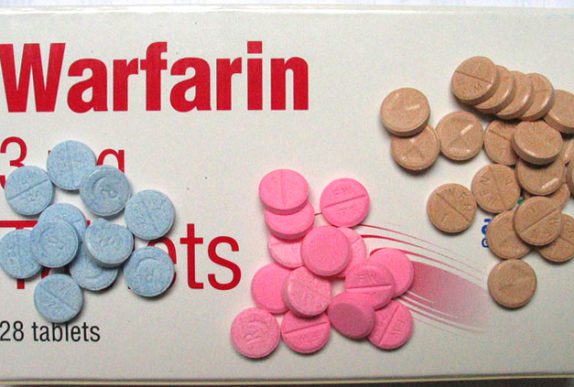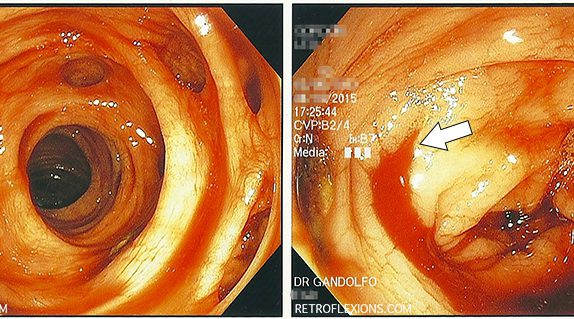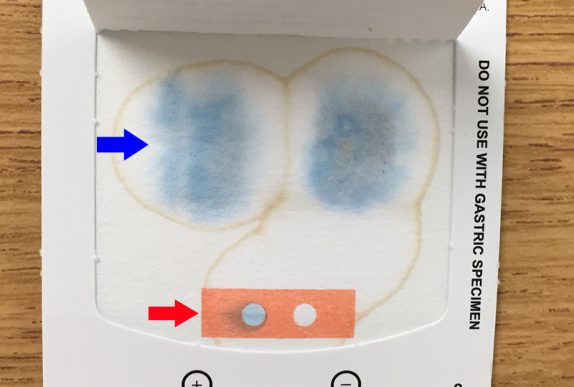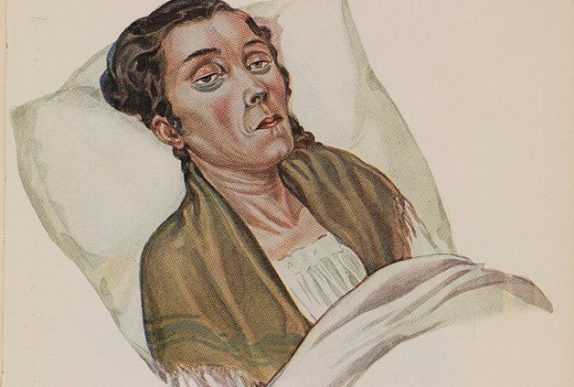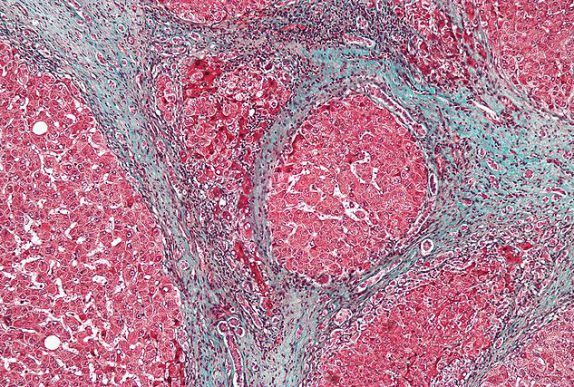If there is one take-home message for colorectal cancer screening it is this: Start screening most people at age 50. Colonoscopy is the preferred screening test.
What is the deal with anal sex and fecal incontinence?
So what are some take home points about meat intake in Crohn's disease? Red meat (beef, lamb, pork [yes pork too!]) can be though of as pro-inflammatory foods. It is reasonable to limit consumption of red meat to once or twice per week at most. Fish is probably a good alternative to red meat. These recommendations are based on very limited, low-quality data. Sometimes this is better than no data at all!
For many years, the effect of NSAIDs on preventing colon cancer has been described. There are numerous studies showing a small but mostly consistent decrease in both the development of polyps, and the development of colorectal cancer with chronic NSAID use. However, thus far there has not been a recommendation to take NSAIDs specifically with the goal of reducing the development of colon cancer, since the risk of chronic NSAID use is thought to outweigh any benefit in cancer prevention.
Is this common practice of bridging from Coumadin to an injectable anticoagulant back to Coumadin necessary? From a practical point, it is usually a major inconvenience for patients and doctors alike. Many patients are uncomfortable giving themselves injections at home. The injectable anticoagulants are sometimes expensive. Sometimes despite good instruction, they are administered incorrectly by the patient, or on the wrong dates. What if Coumadin was just held and later restarted without the bridging?
(Don't click if you don't want to see blood!) Diverticular bleeding can happen without warning, and is painless. A large volume of bright red or sometimes dark red blood per rectum is often the only symptom. In most patients who are not on blood thinners, diverticular bleeding eventually stops by itself.
There has been concern for several years about commonly prescribed antacid drugs called proton pump inhibitors (PPIs) and the heart. PPIs are used to treat gastroesophageal reflux disease (GERD), peptic ulcer disease, and other acid-related diseases. Common drugs in the PPI class are omeprazole (Prilosec), esomeprazole (Nexium), pantoprazole (Protonix), lansoprazole (Prevacid), and dexlansoprazole (Dexilant), among … Read more
Occult gastrointestinal bleeding simply means that there is blood loss into the GI tract that cannot be seen with the naked eye (as opposed to overt GI bleeding, where blood is seen). Typically, patients with occult GI bleeding have slowly progressive anemia due to slow chronic blood loss. There are a variety of causes of … Read more
Part one of this topic can be found here. Nonselective beta-blockers (NSBBs) are often indicated for prevention of variceal bleeding in cirrhotic patients. However, there has been a large amount of data in the past several years that have raised serious concerns over the safety and utility of beta-blockers in patients with more advanced cirrhosis. … Read more
Cirrhosis is the final common stage of most types of chronic liver disease, and appears as “scarring” of the liver tissue under the microscope. The liver becomes firm, and instead of blood flowing easily through the organ on the way back to the heart there is a high level of resistance to blood flow through … Read more



